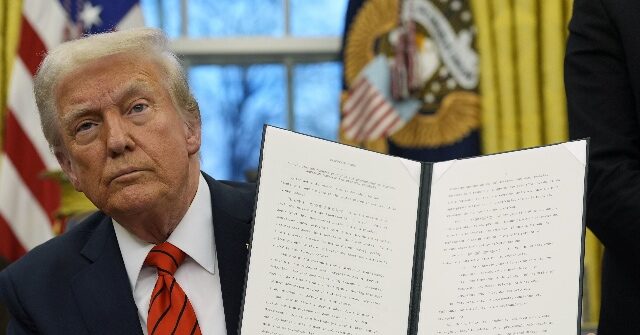


On Friday’s broadcast of CNN’s “The Source,” Delaware Gov. Matt Meyer (D) said that he believes the issue of biological men playing women’s sports should be decided by leagues and localities and “we’ll see what we can do” about President Donald Trump’s executive order on the subject and also lamented that “We’re spending all our time talking about” “less than 0.2 percent of the population of our country.”
Host Kaitlan Collins asked, “How is your state handling this executive order? Because Maine feels it conflicts with their own state laws. They have a Human Rights Act that prevents discrimination. How does a state deal with this? Do you view an executive order from the President as the law?”
Meyer answered, “I’m a big sports fan. I am not a big fan of the designated hitter in baseball. I don’t tell little leagues whether to have the designated hitter or not. If it was up to me, I’d say no designated hitter. But I think leagues, schools should make their own choice. I think it’s true of this issue. Let leagues and local community groups decide what they want to do. I didn’t like it as a schoolteacher when they’d mandate all this stuff about this and that. I think we need to, as governors across our country, often, in this day and age, especially, we’re the last line of defense, we need to govern with compassion. We need to protect the most vulnerable. But we also have to give some modicum of local control, certainly on these difficult issues. So, I don’t know — the President’s mandating this and that, and we’ll see what we can do.”
Collins then cut in to ask, “You believe it shouldn’t be handled, essentially, at a federal level?”
Meyer responded, “Yeah I think why — there are very different opinions about this, across the country. And we’re talking about, I don’t know, the less than 0.2 percent of the population of our country. We’re spending all our time talking about this, when our schools are really struggling, when we’re really struggling, as a society, to adjust to a 21st-century global economy.”
Follow Ian Hanchett on Twitter @IanHanchett
